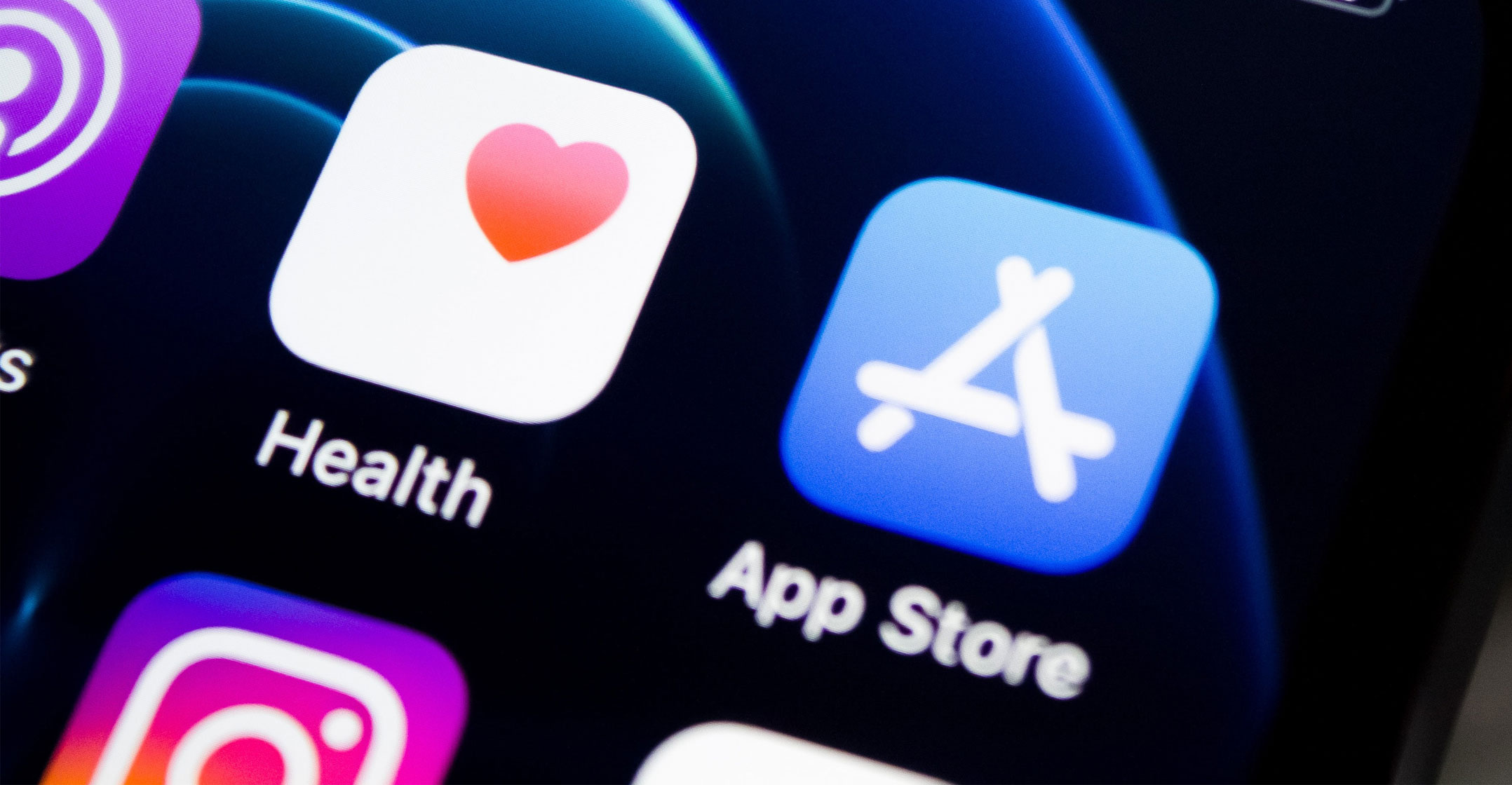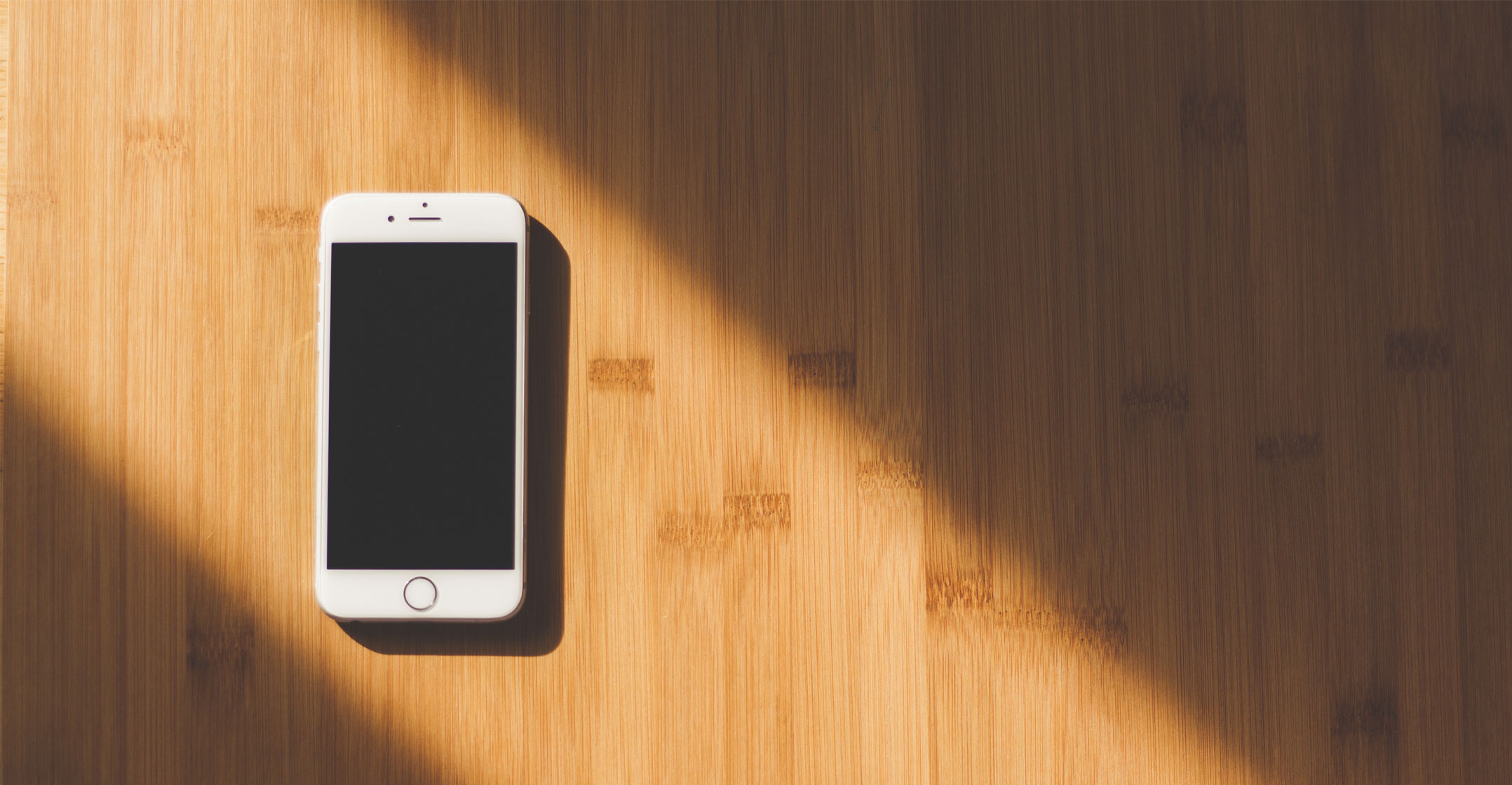 Simplicity is supposed to be a selling point for Apple’s iPhone. It may be a problem at the US supreme court.
Simplicity is supposed to be a selling point for Apple’s iPhone. It may be a problem at the US supreme court.
The court will hear arguments on Monday on accusations that Apple is using its market dominance to jack up prices for iPhone apps. A ruling against Apple, letting a lawsuit go forward, could add to pressure the company already faces to cut the 30% commission it charges on app sales.
The case turns on what happens when iPhone users buy something at the Apple App Store. In allowing the suit, a federal appeals court said the transaction is a simple one in which consumers buy directly from Apple. Apple says it’s more complicated, with the company serving as a middleman connecting app developers with users.
The distinction is critical because of a 1977 supreme court ruling that says only direct purchasers of a product can collect damages for overpricing under federal antitrust law. That decision was designed in part to ensure companies don’t have to pay twice for the same misconduct.
Apple is part of an app economy that will grow from US$82-billion last year to $157-billion in 2022, according to App Annie projections.
Apple and its tech industry allies say a decision allowing the consumer lawsuit could open other companies that run online marketplaces and platforms to expensive antitrust claims. A broad ruling could affect Google, Amazon.com, Facebook, Etsy and DoorDash, Apple and its supporters say.
“Any matchmaking service that operates on the Internet, from DoorDash to Etsy, is going to be subject to duplicative damages,” said Marianela Lopez-Galdos, director of competition and regulatory policy at the Computer & Communications Industry Association, which backs Apple in the case.
Critics
But Apple’s critics say its control over the App Store makes it unlike other Internet marketplaces. Apple decides what apps can be sold, gives developers a limited number of prices they can charge and tells users the App Store is the only place they can get apps, lawyers pressing the suit say.
When a user buys an app, Apple collects the money, keeps the 30% commission and gives the rest to the developer. The company told the high court it passed $26.5-billion on to developers last year.
The app store is “really unique”, said Mark Rifkin, one of the lawyers pressing the suit. “Apple has put itself in the distribution chain, and it makes us deal with Apple in a way no one else does.”
 Apple says the focus of the lawsuit is the 30% commission, something it says is paid by the developers, not the app purchasers. Although the consumers say they pay for the commissions through higher app prices, Apple says those are the type of “pass-through” damages barred under the supreme court’s 1977 Illinois Brick v Illinois ruling.
Apple says the focus of the lawsuit is the 30% commission, something it says is paid by the developers, not the app purchasers. Although the consumers say they pay for the commissions through higher app prices, Apple says those are the type of “pass-through” damages barred under the supreme court’s 1977 Illinois Brick v Illinois ruling.
“The party first and directly injured by an alleged overcharge has the entire damages claim,” Apple argued in court papers. The company’s lead supreme court lawyer, Dan Wall, declined to discuss the case in advance of the argument.
The suit, filed in federal court in Oakland, California, seeks class-action status and potentially hundreds of millions of dollars.
Apple’s supporters include ACT/The App Association, a developer trade group whose sponsors include Apple, Microsoft and eBay. The group says the appeals court ruling threatens to disrupt what has been an innovation-friendly system for developers and platforms.
App Association President Morgan Reed said the appeals court misunderstood the relationship between developers and platforms, improperly looking at platforms as distributors that buy from vendors and resell to customers, rather than as conduits that simply connect the two.
That distinction “sounds small” but is “at the core of a multitrillion-dollar global industry,” Reed said.
Thirty-one states support the consumers, urging the supreme court to allow the lawsuit and also to eliminate the direct-purchaser requirement altogether by overturning the Illinois Brick decision.
‘Prime example’
“Illinois Brick’s rule is increasingly difficult to apply in the modern world, with its growing commerce in intangible rights through new platforms,” the states argued. “This case is a prime example.”
Most states already allow downstream purchasers to collect damages, and the group says courts have been able to ensure that companies don’t have to double-pay. The states are led by Texas Attorney General Ken Paxton, a Republican, and Iowa Attorney General Tom Miller, a Democrat.
Antitrust cases sometimes, but not always, divide the supreme court along ideological lines. In its most recent term, the court voted 5-4 to throw out a lawsuit that accused American Express of thwarting competition by prohibiting merchants from steering customers to cards with lower fees.
The court will rule by June in the latest case, Apple v Pepper, 17-204. — Reported by Greg Stohr and Naomi Nix, with assistance from Christopher Palmeri, (c) 2018 Bloomberg LP

